
Tribalism Is Not African: Africa’s Wounds Were Carved In Western Boardrooms And Remain A Colonial Tool Still In Use
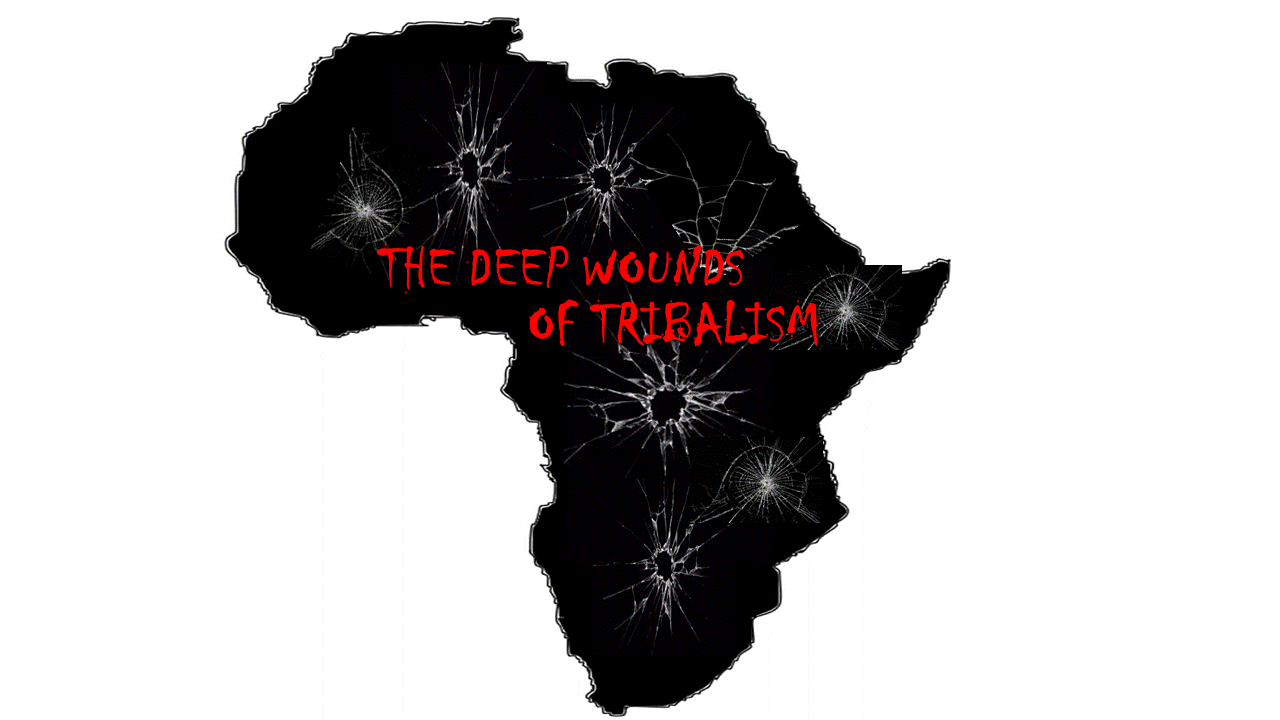
The narrative of “tribal conflicts” plaguing Africa, often portrayed as an inherent, ancient flaw, is increasingly being challenged by scholars and citizens alike. Evidence suggests that it has deep roots in Western colonial policies and is still exploited to maintain external influence. Far from being an indigenous characteristic, the concept and intensification of tribalism in Africa can be traced back to deliberate actions by European powers, whose legacy continues to shape the continent’s political and economic landscape, often serving external interests.
Historically, African communities, while diverse, engaged in conflicts that were rarely as pervasive or as daily as those witnessed today. The turning point was European colonisation, which carved out borders without regard for existing languages, cultures, and peoples.
Scholars such as the late Kenyan professor Katama Mkangi and Richard Morrock argue that colonial powers actively “created several practices that identified and institutionalised communal differences” and deliberately “promoted tribal jealousies as part of a divide-and-rule strategy.”
This was not a failure to “de-tribalise” Africa, but a deliberate act of tribalisation. Pre-colonial African ethnicities were fluid, with people shifting between multiple identities, and boundaries were often blurred, characterised by “shades of grey.” Colonial administrations legally defined ethnolinguistic groups as “tribes,” thereby transforming them into rigid, legal, and administrative categories. Communities like the Shona, Yoruba, and Igbo were often formed by collapsing disparate groups.
This process relied on indirect rule, where colonial officials either co-opted existing chiefs or, when none existed, invented them, granting them autocratic power to enforce customary laws that had been tweaked to serve colonial objectives. Missionaries and anthropologists played a significant role in the process of tribalisation.
Missionaries standardised local dialects, often elevating one version into the “authoritative language of a whole ‘tribe’,” propagating it through schools, and solidifying ethnic identities. Anthropologists, influenced by colonial assumptions of African primitiveness and cultural homogeneity, generalised findings to entire tribes, reinforcing divisive identities. The intention was clear, and that was to prevent trans-ethnic anticolonial collaboration and ensure maximum political control and economic exploitation.
The seeds of division sown during colonialism flourished after independence. Individuals with financial and political interests in maintaining the status quo continued to exploit tribal splits for personal gain. Political elites frequently mobilise ethnic identities and grievances to cling to power, rally support, and secure electoral advantage, turning elections into what scholars call “ethnic censuses.”
Examples across the continent include Kenya, where persistent ethnic divisions were tragically reflected in the 2007 post-election violence; Somalia, where clan-based rule, political instability, and militancy continue to intertwine; Mali, where militant groups exploit ethnic divisions, intensifying violent clashes between communities such as the Fulani and Dogon; Guinea, where former President Alpha Condé, despite pledging unity, used ethnicity to consolidate power, sparking riots; Nigeria, where political campaigns frequently focus on ethnoreligious divides, such as Hausa-Fulani vs Yoruba-Igbo, with elites exploiting marginalised communities; and Rwanda, where the 1994 Genocide illustrated how “tribal warfare” and externally amplified divisions can have catastrophic consequences.
Conflicts over land, political representation, or traditional governance often stem from colonial practices and are exacerbated by elite manipulation. The historical tribalisation of Africa continues to serve the interests of external powers. Western media has played a vital role in perpetuating the misconception of Africa as “trapped in a tribal time warp,” frequently using terms like “tribesmen” to simplify and demean complex realities. This framing can excuse poor reporting and justify limited intervention, as seen during Rwanda, where the conflict was often dismissed as merely “tribal.”
The saviourist attitude promoted by colonialists and neocolonial actors presents Africa as a problem rather than people with difficulties, facilitating a narrative that positions Western nations as arbiters of salvation and progress. Postcolonial ties often perpetuate this imbalance, with former colonial powers continuing to exert influence through financial aid, military support, and political leverage, thereby fostering dependency and resentment.
Far-right movements in Europe and the US, portraying Africans as threats, reinforce the narrative of instability, justifying restricted engagement and reinforcing flawed perceptions rooted in colonial-era divisions. Paradoxically, some African nations internalise these divisions, implementing strict border controls that undermine continental cooperation.
Ultimately, the goal of both external actors and internal elites is to prevent a unified, self-sufficient Africa. As long as the continent is portrayed and perceives itself as deeply divided, it remains economically and politically disadvantaged, struggling to assert its relevance on the global stage.
Addressing this entrenched problem requires a multifaceted approach good governance and regional cooperation, strengthening the African Union and “borderless Africa” initiatives, political education to uproot tribalism by fostering national identities over narrow tribal affiliations, dismantling ethnic privilege and deprivation, ensuring equitable resource allocation, promoting inclusive governance representing all ethnic groups, and educating youth to adopt a broader vision beyond tribal loyalties.
By working collectively for self-sufficiency and unity, Africa can overcome the lingering shadows of externally imposed divisions and assert its place on the global stage.
About The Author
Related Articles
Africa’s Stolen Wealth: The West’s Two-Faced War On Corruption, Condemning In Public, Laundering the Continent’s Future In Practice
While international bodies and Western governments publicly commit to combating illicit financial...
ByWest Africa WeeklySeptember 6, 2025When Power Breeds Madness: APC’s Culture of Reckless Rhetoric
In a country battling economic collapse, insecurity, and deep mistrust in governance,...
ByWest Africa WeeklyAugust 31, 2025Tinubu’s Nigeria: A Nation Held Hostage by Failure
When Bola Tinubu was sworn in as President in May 2023, Nigerians...
ByWest Africa WeeklyAugust 9, 2025From Yeboah To Lookman: African Stars Battle Contracts Issues, Racism, Exclusion In Europe
For generations, African players have excelled on Europe’s biggest stages. Yet, some...
ByOluwasegun SanusiAugust 4, 2025






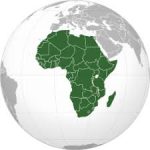

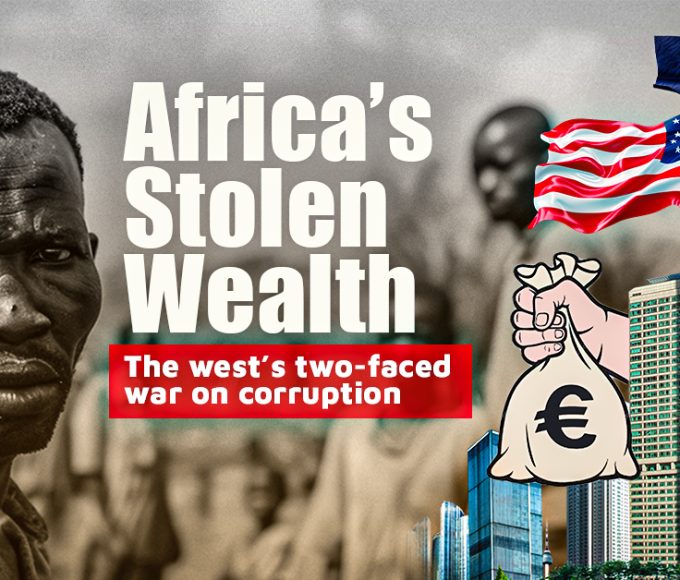

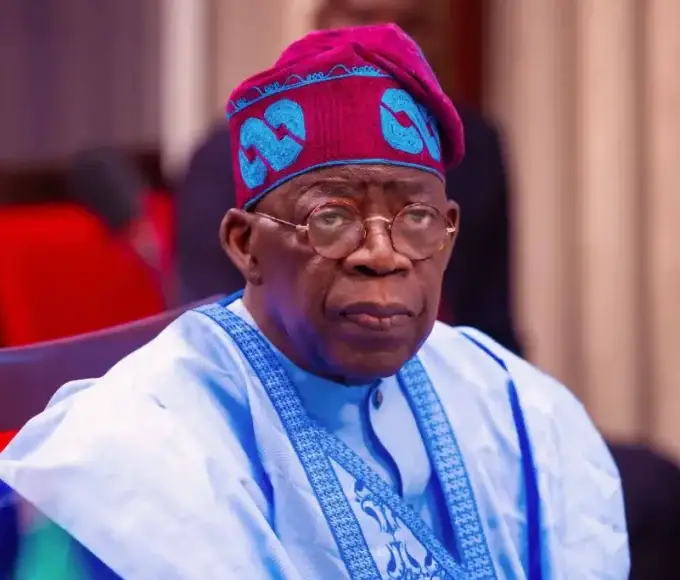
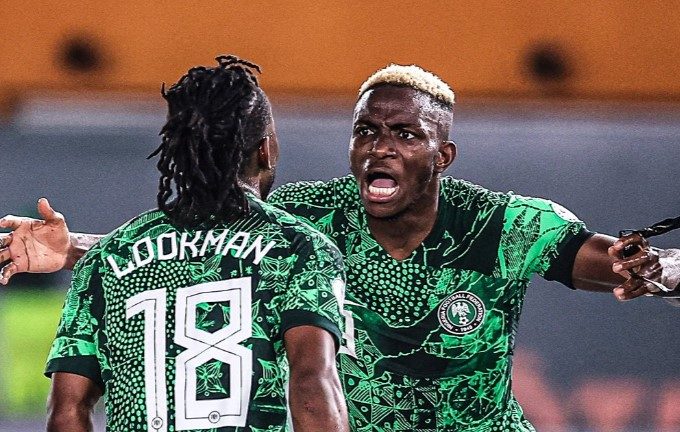
Leave a comment